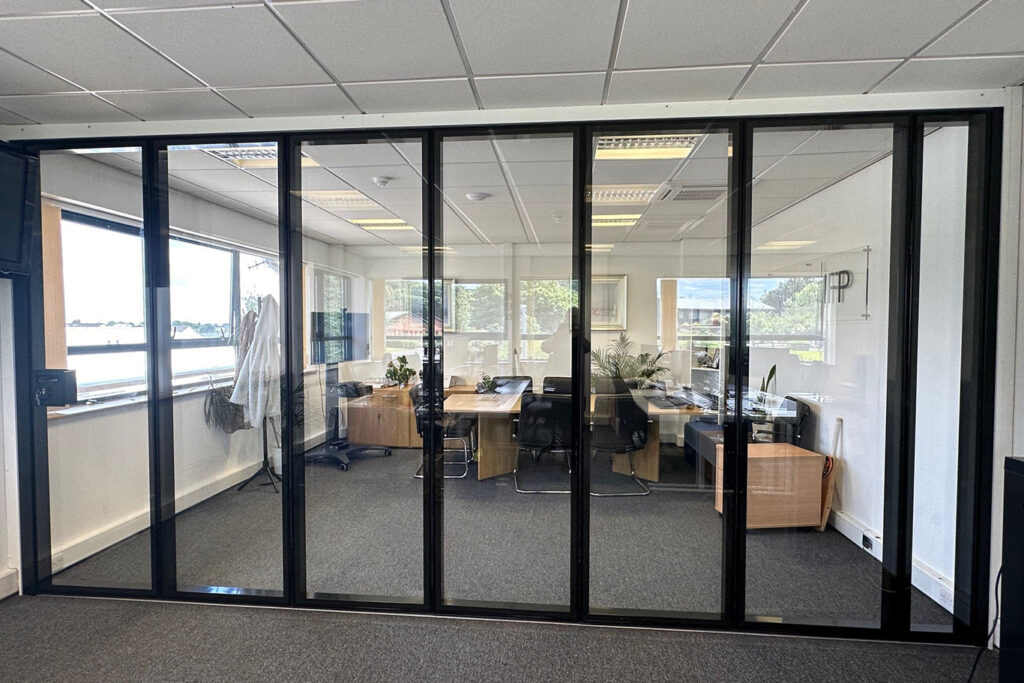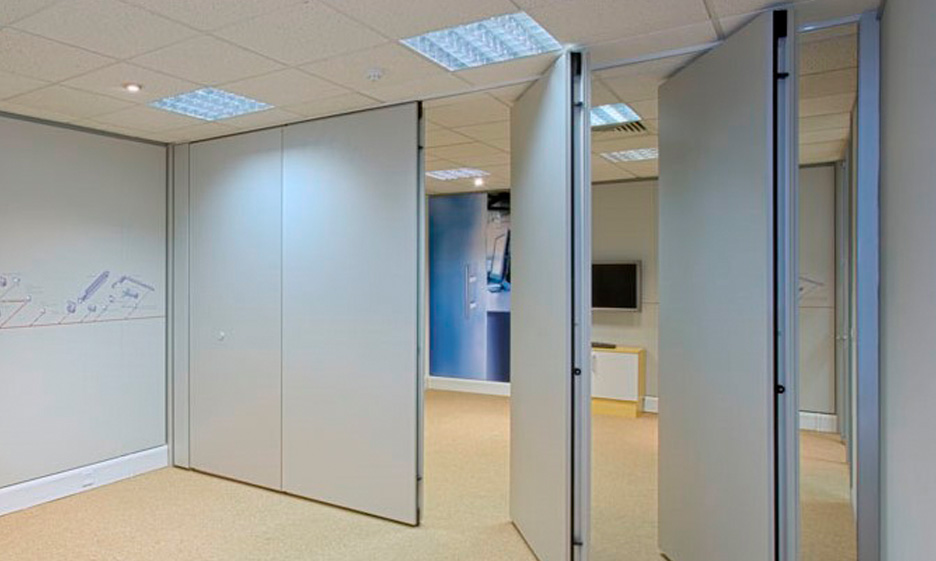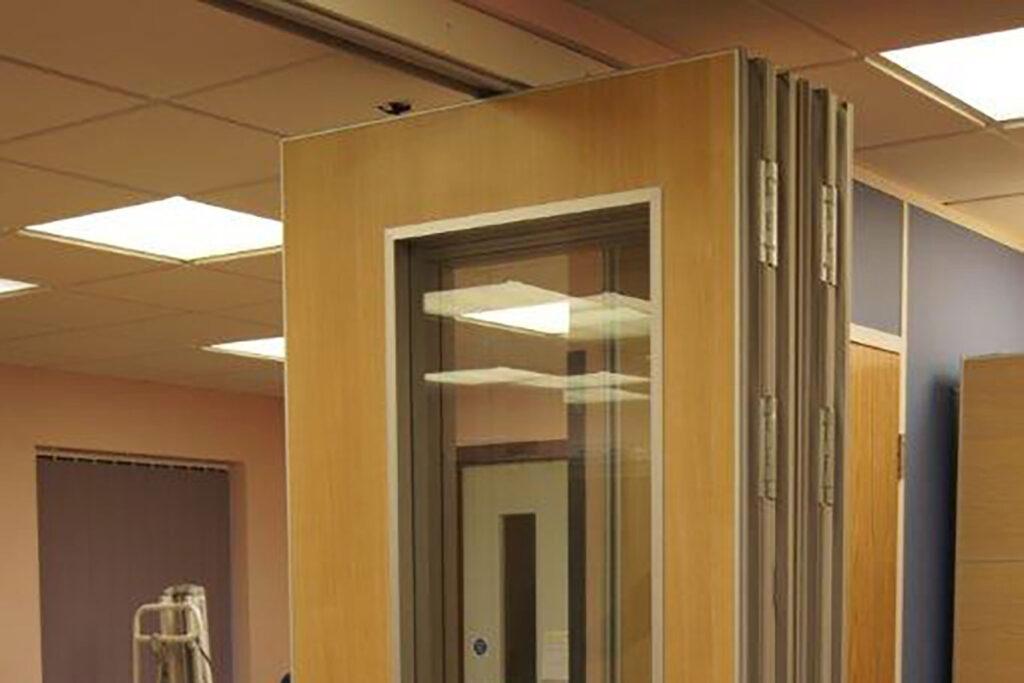Partition walls are a practical way to divide and organise space, but not all partitions are created equal. Businesses, schools, and community organisations in the UK now have more options than ever, with the rise of the modular wall offering new levels of flexibility. But how do modular walls compare to traditional partition systems, and which is the right choice for your building?
This guide will explore the pros and cons of both, helping you make the best decision for your space.
What Is a Modular Wall?
A modular wall is a flexible partitioning system built from prefabricated panels that can be installed, reconfigured, or relocated with ease. These walls are designed to adapt to changing requirements, making them ideal for modern offices, schools, and commercial spaces.
Key features include:
- Quick installation and minimal disruption.
- Panels available in various finishes, including glass, laminate, and acoustic options.
- Reusable and reconfigurable design for evolving needs.
What Is a Traditional Partition Wall?
A traditional partition wall is typically a fixed system, built from materials such as plasterboard, brick, or blockwork. Once installed, they remain permanent and are not designed to be moved.
These partitions are common in older buildings and are well-suited for spaces where long-term layouts are unlikely to change.
Modular Wall vs Traditional Partition: A Comparison
1. Flexibility
- Modular Walls: Can be dismantled and reinstalled to suit new layouts, making them ideal for businesses with changing space requirements.
- Traditional Partitions: Fixed in place and costly to alter once installed.
2. Installation Time
- Modular Walls: Quick to install with minimal disruption to the workplace.
- Traditional Partitions: More labour-intensive, often requiring plastering, painting, and extended downtime.
3. Acoustic Performance
- Modular Walls: Available with soundproofing features, offering excellent performance in offices, schools, and meeting spaces.
- Traditional Partitions: Provide strong acoustic insulation but may lack the flexibility of modular systems.
4. Aesthetics
- Modular Walls: Offer a modern, professional look with a variety of finishes to suit branding and design schemes.
- Traditional Partitions: Typically more basic, though they can be decorated like standard walls.
5. Cost
- Modular Walls: Higher initial investment but long-term savings due to reusability.
- Traditional Partitions: Lower upfront cost but expensive to modify in the future.
Which Should You Choose?
The choice between a modular wall and a traditional partition depends on your priorities:
- If you want a flexible, reusable, and future-proof solution, a modular wall is the best choice.
- If you need a permanent, cost-effective wall for a fixed layout, a traditional partition may be more suitable.
For many businesses, modular walls strike the perfect balance between style, practicality, and long-term value.
Find out more on our Solid Partitions page.
Why Choose Building Additions?
At Building Additions, we specialise in designing and installing modular wall systems that give you the flexibility to adapt your space as your needs evolve. Whether for offices, schools, or commercial buildings, our modular partitions combine durability with modern design.
Contact our expert team today:
- Phone: 01373 454577
- Email: info@buildingadditions.co.uk
Frequently Asked Questions
Q1: Can they be reused in different buildings?
A1: Yes. The walls are designed to be dismantled and relocated, making them a sustainable and cost-effective option. Their flexibility also allows easy adaptation to new layouts and spaces.
Q2: Are they as strong as traditional partitions?
A2: High-quality modular partitions are highly durable and can match or exceed the strength of many traditional systems. They are built to withstand frequent use in commercial, educational, and residential environments.
Q3: Do they provide good soundproofing?
A3: Yes. Many systems are available with acoustic cores, providing excellent sound insulation for offices, classrooms, and meeting areas where quiet and privacy are essential.



